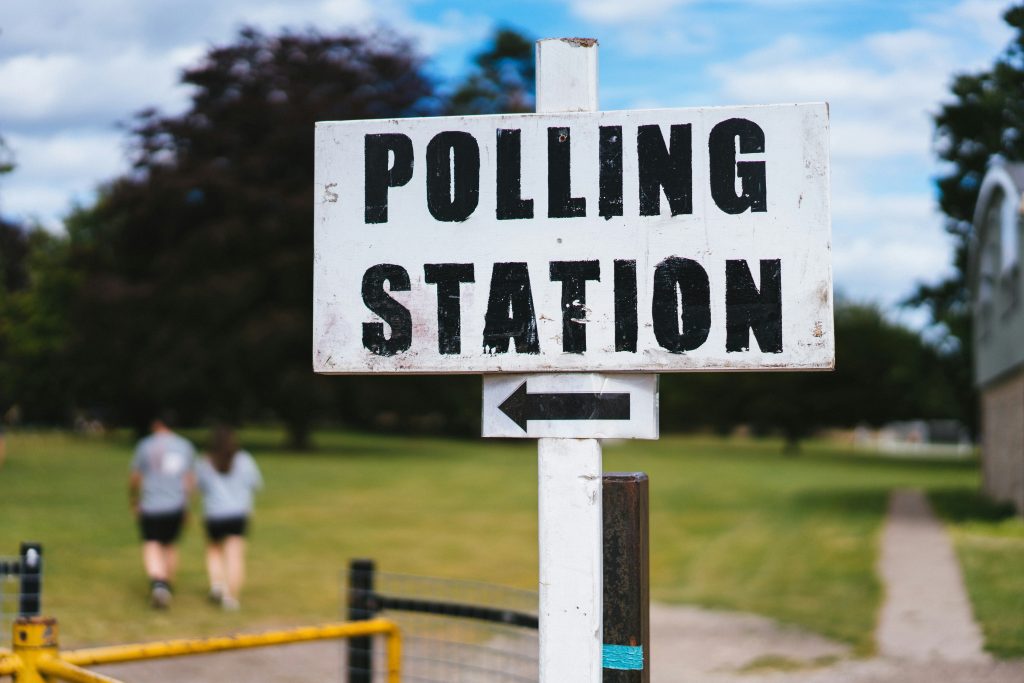Will empowering young people improve Democratic Wellbeing?

- Adam Milne, Carnegie UK
- 8 September 2025
- 3 minute read
The UK Government has recently announced plans to extend voting rights to around 1.5 million 16- and 17-year-olds in all UK elections. The stated aims of this change are to give younger people a greater say in shaping their future and to help restore trust in our democracy. At Carnegie UK we know well that we are facing a crisis of trust in democracy across the UK and, as such, any ambition to address this is to be welcomed. However, what can we learn from our data in relation to younger people and what influences their Democratic Wellbeing?
At Carnegie UK, our annual Life in the UK Index (LiUK) measures the collective wellbeing of people in the UK across social, economic, environmental and democratic domains. We define Democratic Wellbeing as the extent to which people have voice and choice over the decisions that affect their lives. Our 2024 LiUK data provides some insights into what impact we might see from the UK Government’s recent voting reforms.
While young people are more likely to perceive that they can exercise some degree of influence, this does not translate into increased Democratic Wellbeing
The LiUK 2024 data reveals that 65% of 16–24-year-olds feel they cannot influence decisions affecting the UK, a figure lower than the national average of 72%. This suggests that younger people feel slightly more empowered than older age groups. However, this perceived influence shows only a weak correlation with democratic wellbeing, indicating that perception of influence alone is not enough to improve democracy’s public standing.

Institutional credibility is key to Democratic Wellbeing
In contrast, trust in institutions (e.g. the UK government, local councils, and the legal system) shows a stronger correlation with democratic wellbeing than the ability to influence that people feel. Notably, young people report significantly lower levels of distrust in these institutions compared to older age groups. For example, only 44% of 16–24 year olds express low trust in the UK government, compared to 53% across all ages. Despite this, absolute levels of high trust remain low, with just 6% of young people expressing high trust in government. Taken together, this data suggests that 16–24-year-olds are less distrusting than older age groups, which could partly explain what lies behind younger people’s higher democratic wellbeing scores.
For Democratic Wellbeing, trust is vital
The UK Government’s proposals will give younger people more of a say in their future, but our research suggests that the right to vote alone may not be enough to meaningfully increase their trust in democracy. This is significant, as we could infer that having greater trust in key democratic institutions is more impactful than having a vote when it comes to increasing Democratic Wellbeing.
Extending the franchise and improving access to our democratic system is welcome, but more sustained effort is likely to be required to regain the trust of people of all ages and across the country. Reforming the way that our democratic and legislative systems work and meaningfully engaging with the public will be key to rebuilding trust in democracy.
Adam Milne is a Senior Policy Advocate for Carnegie UK and manages our Carnegie UK programme
Feature images by Glen Carrie and Phil Hearing on Unsplash
Help us make the case for wellbeing policy
Keep in touch with Carnegie UK’s research and activities. Learn more about ways to get involved with our work.
"*" indicates required fields
